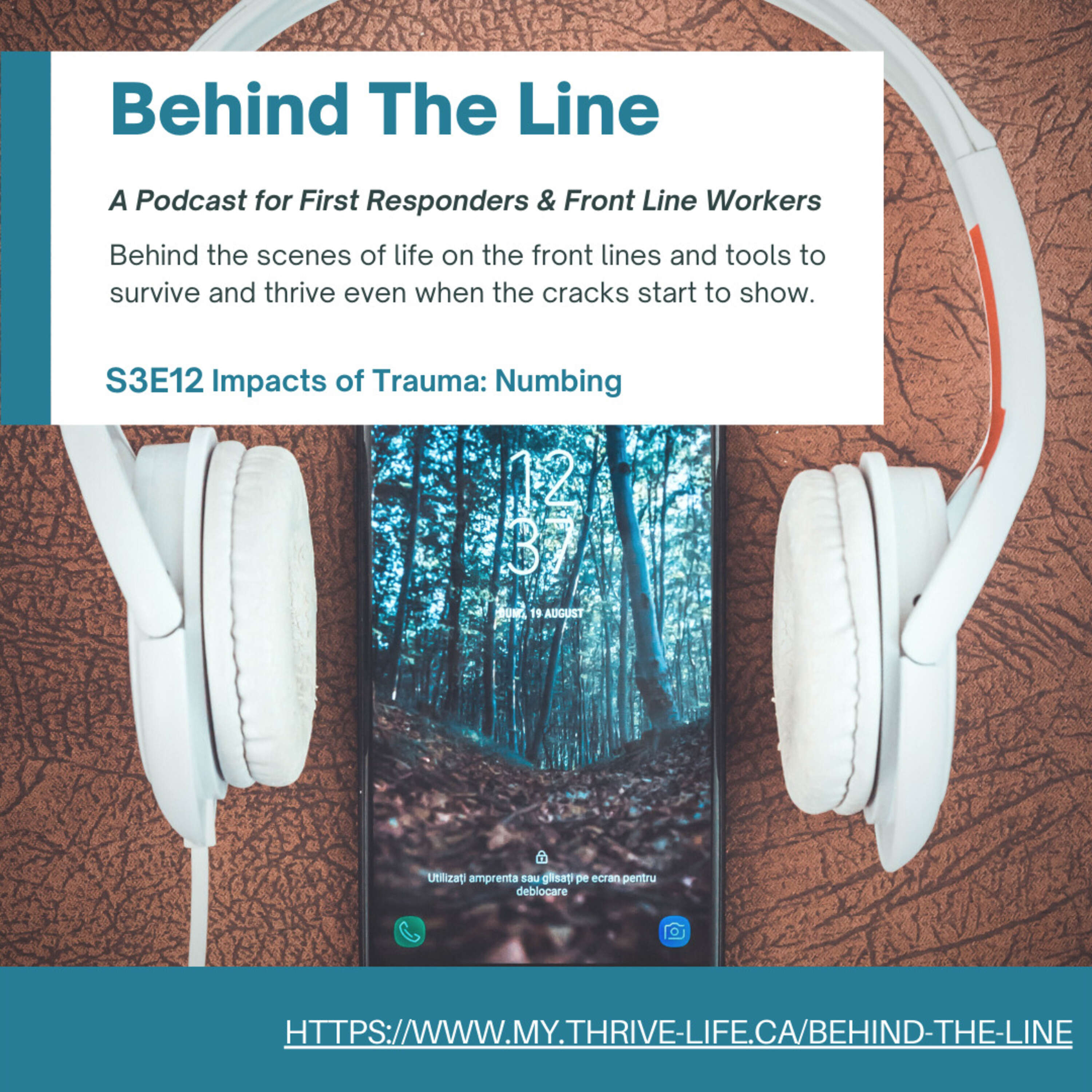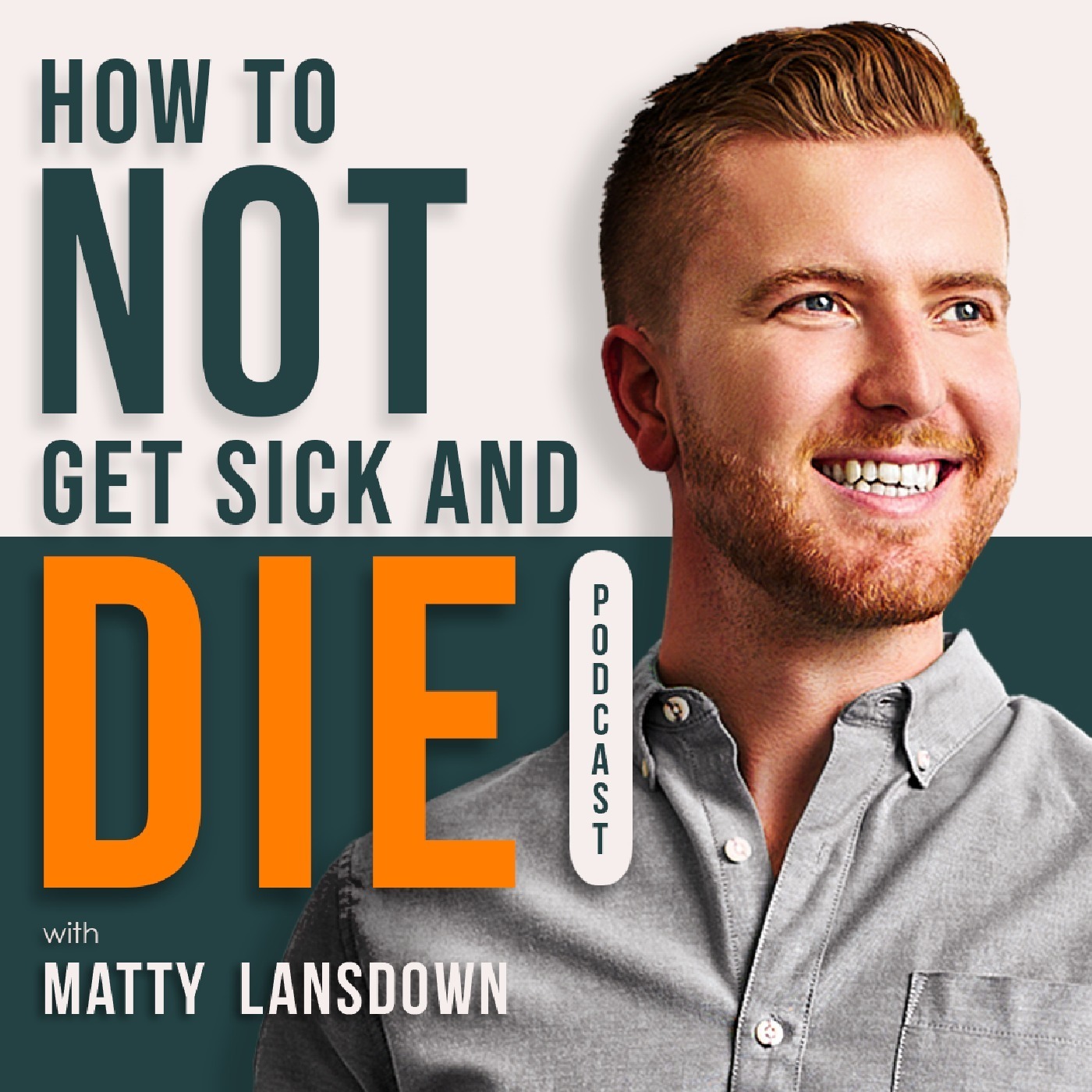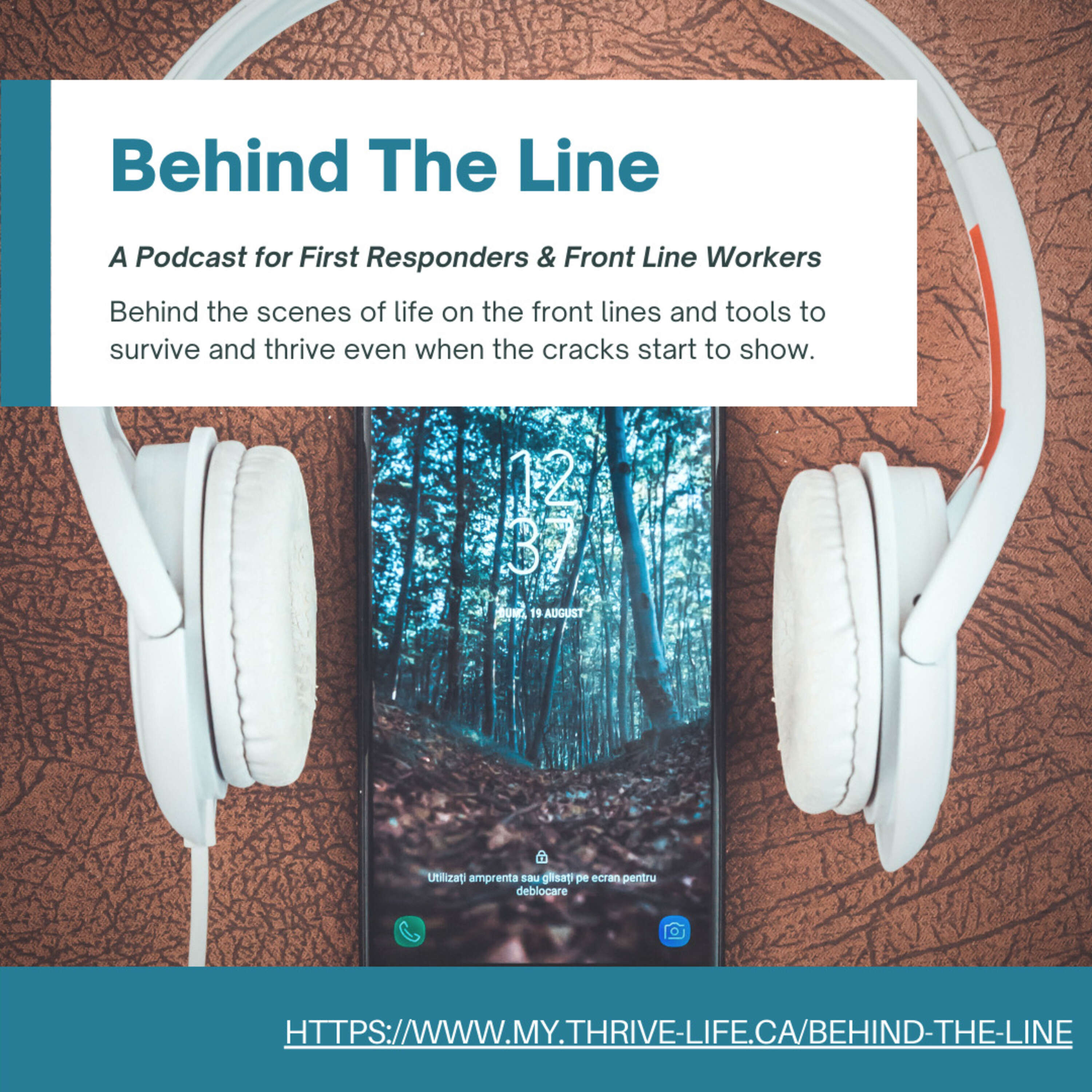
この動画は 18 歳未満の視聴者には年齢制限があります
アカウントを作成するか、ログインして年齢を確認してください。
Impacts of Trauma: Numbing
Show Notes:
Today we are continuing in our series on the impacts of trauma, and we are really trying to focus on the early indicators that alert us that trauma is starting to take a toll. The goal we are working toward is to be able to notice these earlier so we can catch them and intervene earlier and prevent ourselves and others from landing in my office…or worse. Your job as a First Responder or Front Line Worker comes with risks – we know that. It isn’t new information. And no one is better than the risks. Like I have said SO many times on the show before, nobody comes out unscathed. Nobody.So given that the risks are real and that the promise is that you will be scathed by it – how do we minimize the scathing, or the harm to you that results from it? That is really what we’re trying to tangle with here, is how to we contain the scope of the impact. How do we limit the extent to which your beautiful, meaningful life – along with those of the people you care about like your partner, kids and family – is detrimentally impacted by the toll the work exerts?We have talked so far in this series about several early indicators including hypervigilance – being on hyper-alert and the resulting fatigue; dissociation – your bring tuning you out to manage the degree of stress it’s experiencing for too long; and nightmares and flashbacks – intrusive ways your brain works at making sense of what it’s been through. Today we are talking about yet another indicator, and total honesty, I think it is likely the most prevalent and most salient early indicator of the lot. I see this one showing up more in my own life and in the lives of those I work with in the early phases of burnout, occupational and traumatic stress than any other category. And here it is: numbing.If you listened to the episode on dissociation from a couple of weeks ago, I mentioned that dissociation is kind of connected to numbing. Dissociation is a mechanism by which our brain overrides us and tunes us out so it can take a break from the immense stress response cycle and hypervigilance it was not meant to deal with on an ongoing basis. Similarly, numbing is a mechanism by which we choose to check ourselves out. It is also closely related to avoidance – the desire to not go near discomfort or sit in pain or suffering for any length of time. I mentioned a moment ago that numbing is one of the most prevalent and significant of early indicators…the other thing I should mention is that it is also one of the most ignored, justified, denied, rationalized and otherwise inappropriately excused of the indicators. And why is that? …Well, because the things we tend to use to numb, tend to be largely socially acceptable tools for distraction, comfort, and/or “coping”. They are behaviours and activities that make us “feel better”. They “calm us”. …Except that they aren’t being used to strategically support us, rather they are being used to temporarily mitigate our discomfort, interrupt our ability to process in favor of something that feels good for the moment, and over the long term, they cut us off from ourselves by distancing us gradually from interacting with our own thoughts, feelings, needs, worries, and more. So, what does numbing look like. Well – the easy to name ones that likely you would think of as obvious would include drinking and drug use. I would also include self-harming behaviours, and extreme type behaviours like constant partying, dangerous promiscuity and related activities. These types of behaviours tend to serve by temporarily chemically diluting our feelings of suffering, or temporarily chemically enhancing our feelings of elation in an effort to drown out our experiences of hardship that we feel ill-equipped to process effectively.Now, don’t get me wrong. I love a glass of wine while I watch trashy chick flicks on a Friday night. I am not saying that drinking is bad, or that drugs and me



